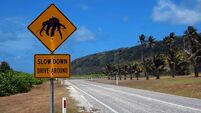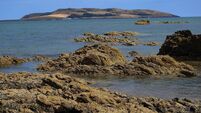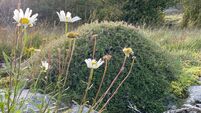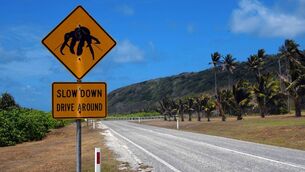Richard Collins: Recovered 'treasures' teach about ancient sites
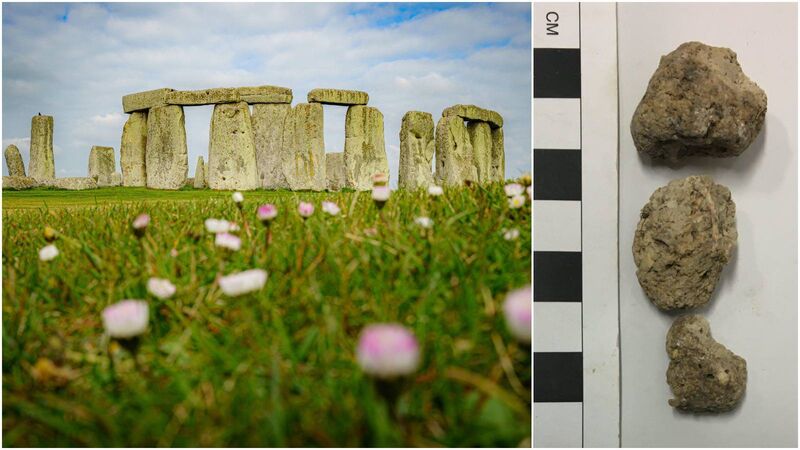
Ancient faeces found at a settlement thought to have housed builders of Stonehenge suggests parasites were consumed via badly cooked cow offal during epic winter feasts.
Researchers from Cambridge have examined 19 coprolites — ‘turds’ to you and me — from a site where workers building Stonehenge lived each winter.
Eggs of parasitic worms, inhabiting the liver, were identified in the ‘stools’. Builders ate the half-cooked internal organs of cattle. Dog poo from the site contained parasites found in fish — assuming that fish was on the menu and they gobbled scraps from the table. So was pork — pig bones have been found at Stonehenge.




